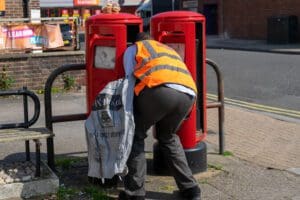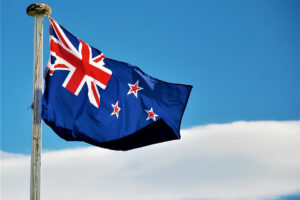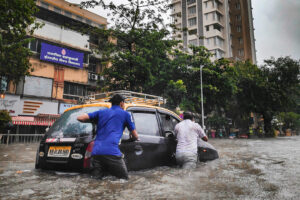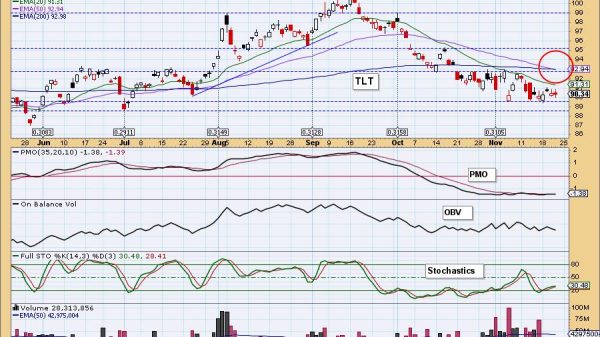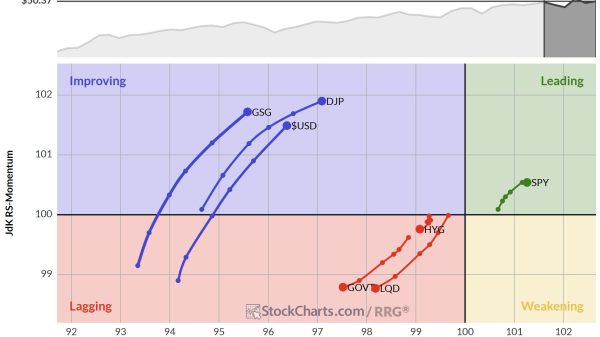KYIV/LONDON — Russian President Vladimir Putin on Wednesday announced a partial military mobilization, as Russian forces battle a Ukrainian counter-offensive that has regained some occupied territory.
In a televised address, Mr. Putin said the partial mobilization of its 2 million-strong military reserves was to defend Russia and its territories, claiming the West wants to destroy Russia and did not want peace in Ukraine.
“To protect homeland, its sovereignty (…), I consider it necessary to support the decision of the General Staff on partial mobilization,” he said.
Russian Defense Minister Sergei Shoigu said on Wednesday that President Putin’s decree on partial mobilization would see 300,000 additional personnel called up to serve in Russia’s military campaign in Ukraine.
In an interview with Russian state television, Mr. Shoigu said that students and those who served as conscripts would not be called up, and that the majority of Russia’s millions-strong reserves would not be drafted.
NOT BLUFFING
Mr. Putin restated his aim was to “liberate” east Ukraine’s Donbas industrial heartland region and that most people in the region did not want to return to what he called the “yoke” of Ukraine.
Mr. Putin said the West had engaged in nuclear blackmail, but Russia had “lots of weapons to reply” and that he was not bluffing.
Mr. Putin’s speech was a worrying escalation and the threats he made in it must be taken seriously, British foreign office minister Gillian Keegan told Sky News.
“Clearly it’s something that we should take very seriously because, you know, we’re not in control — I’m not sure he’s in control either, really. This is obviously an escalation,” she said.
Russia already considers Luhansk and Donetsk, which together make up the Donbas region Moscow partially occupied in 2014, to be independent states. Ukraine and the West consider all parts of Ukraine held by Russian forces to be illegally occupied.
Russia now holds about 60% of Donetsk and had captured nearly all of Luhansk by July after slow advances during months of intense fighting.
Those gains are now under threat after Russian forces were driven from neighboring Kharkiv province this month, losing control of their main supply lines for much of the Donetsk and Luhansk front lines.
In an apparently coordinated move, pro-Russian figures on Tuesday announced referendums for Sept. 23-27 in Luhansk, Donetsk, Kherson, and Zaporizhzhia provinces, representing around 15% of Ukrainian territory, or an area about the size of Hungary. — Reuters

